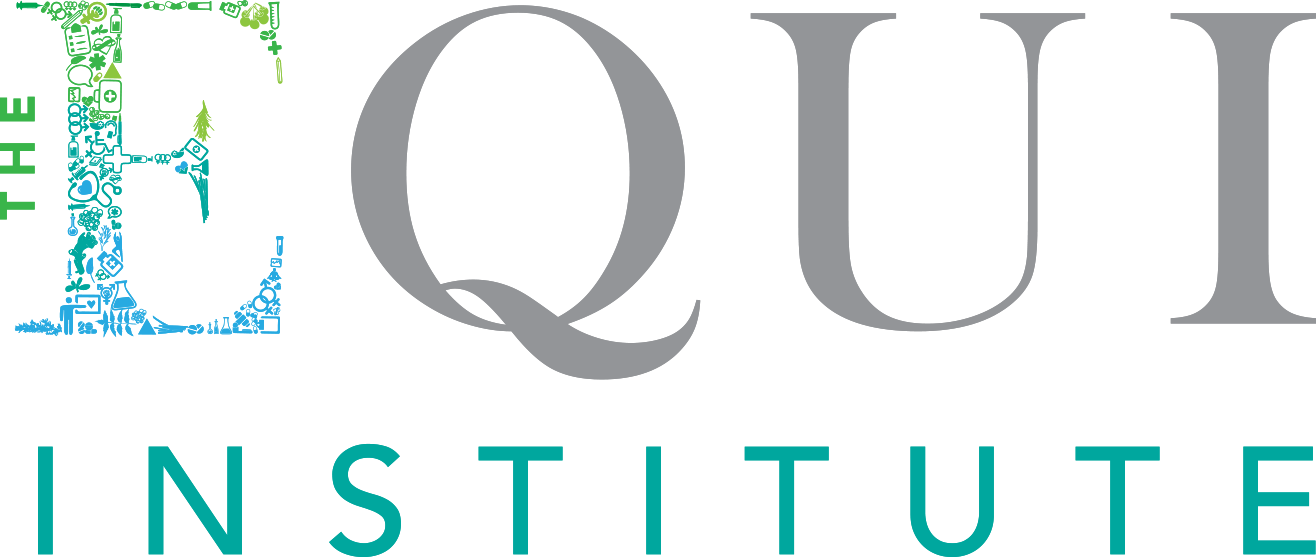Why Community Health Workers?
Equi’s Community Health program creates infrastructure to support marginalized people so that the community has a safety net, means to bounce back, and can maintain health and wellbeing during the pandemic. Most importantly, our community health workers (CHWs) build genuine community with the people they work with.
Community Health Workers (CHWs) help people adopt healthy behaviors and navigate the health system.
CHWs share ethnicity, language, socioeconomic status, or life experience with those they serve
CHWs work to deliver culturally appropriate health education
CHWs promote, maintain, and improve individual and community health
CHWs may provide information on available resources such as:
connecting people to social supports,
advocate for individual and community health needs,
and provide services such as blood pressure screening or other health prevention screenings.
Our CHWs:
Relay important public health information in group announcements, fliers, and in person
Assist community members with learning about OHP and other health resources and connect them to the insurance liaison
Assist with enrolling in needed health services, such as ride to care, primary care, mental health programs, and recovery programs
Assist with scheduling appointments, providing appointment reminders, and telehealth visits
Provide basic first aid triage and connection to services to folks who may need immediate access to mental or physical health care
Offer medical supplies such as bandaids, wound cleaning supplies, tampons and pads, masks, hand sanitizer, safer sex kits, and harm reduction resources as needed.
Healthcare is not as simple as offering a service; we often strategize with patients around navigating complicated barriers to care, and fiercely advocate for them when they are outright neglected and discriminated against within larger health systems. Our main challenges are addressing social determinants of health such as food and housing insecurity, as well as fighting systems of oppression like racism, ableism, and transphobia that cut people off from the care they need.
We focus our work around LGBTQI2s folks, People of color, people with significant mental health concerns, houseless folks, people living with addictions, people living with disabilities, and elders.
Please note:
We are not set-up for active crisis response. If you are having a medical emergency, please call 911. If you are having a mental health emergency, please call the Multnomah County Crisis Line 503-988-4888.
We are not available to support 24/7. We are not available on the weekends or in the evenings and we will do our best to respond to messages and calls during our working hours within the limitations of our capacity. We may also request to schedule time with you so that we can help address your health goals.
Community Health Outreach Locations
〰️
Community Health Outreach Locations 〰️


